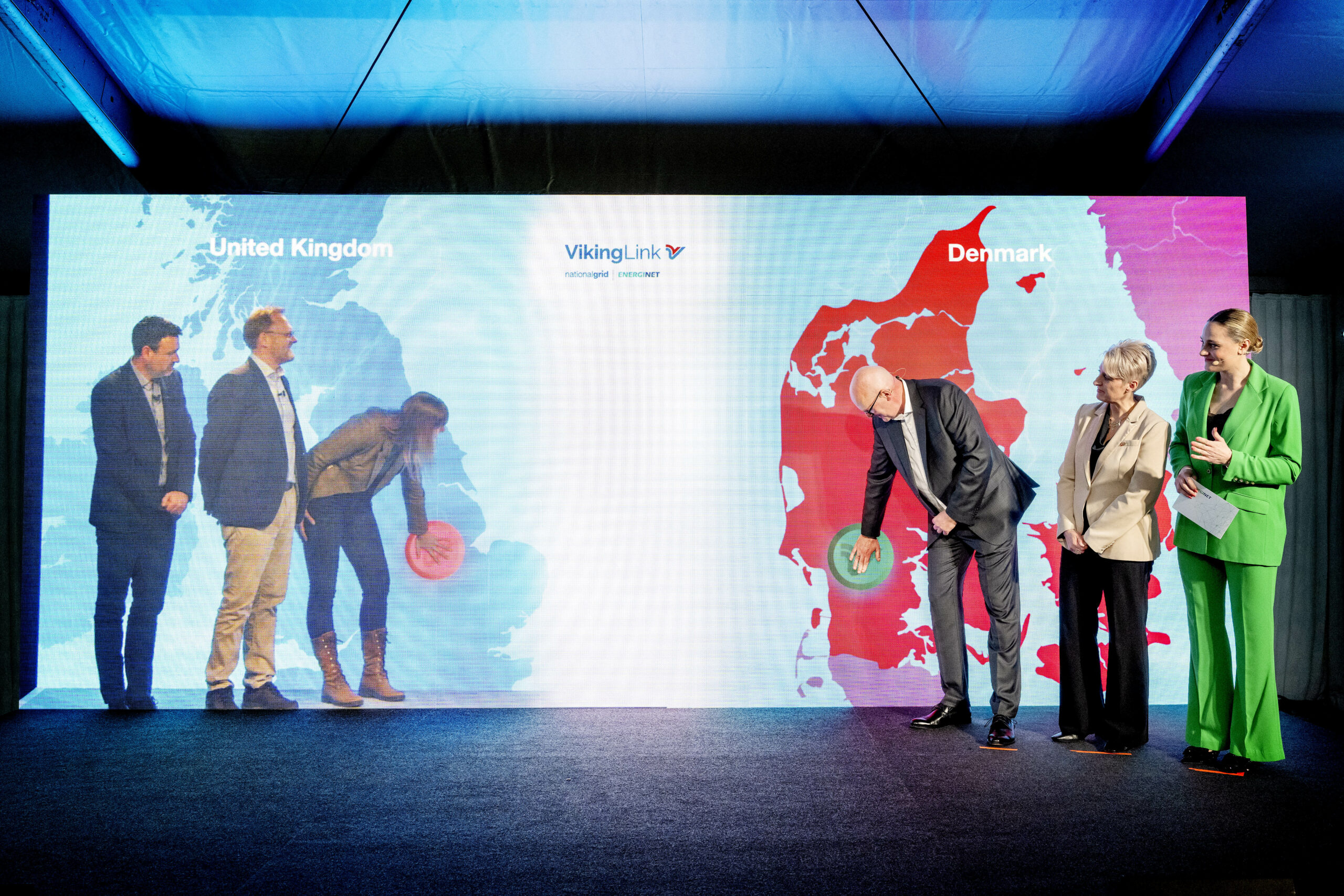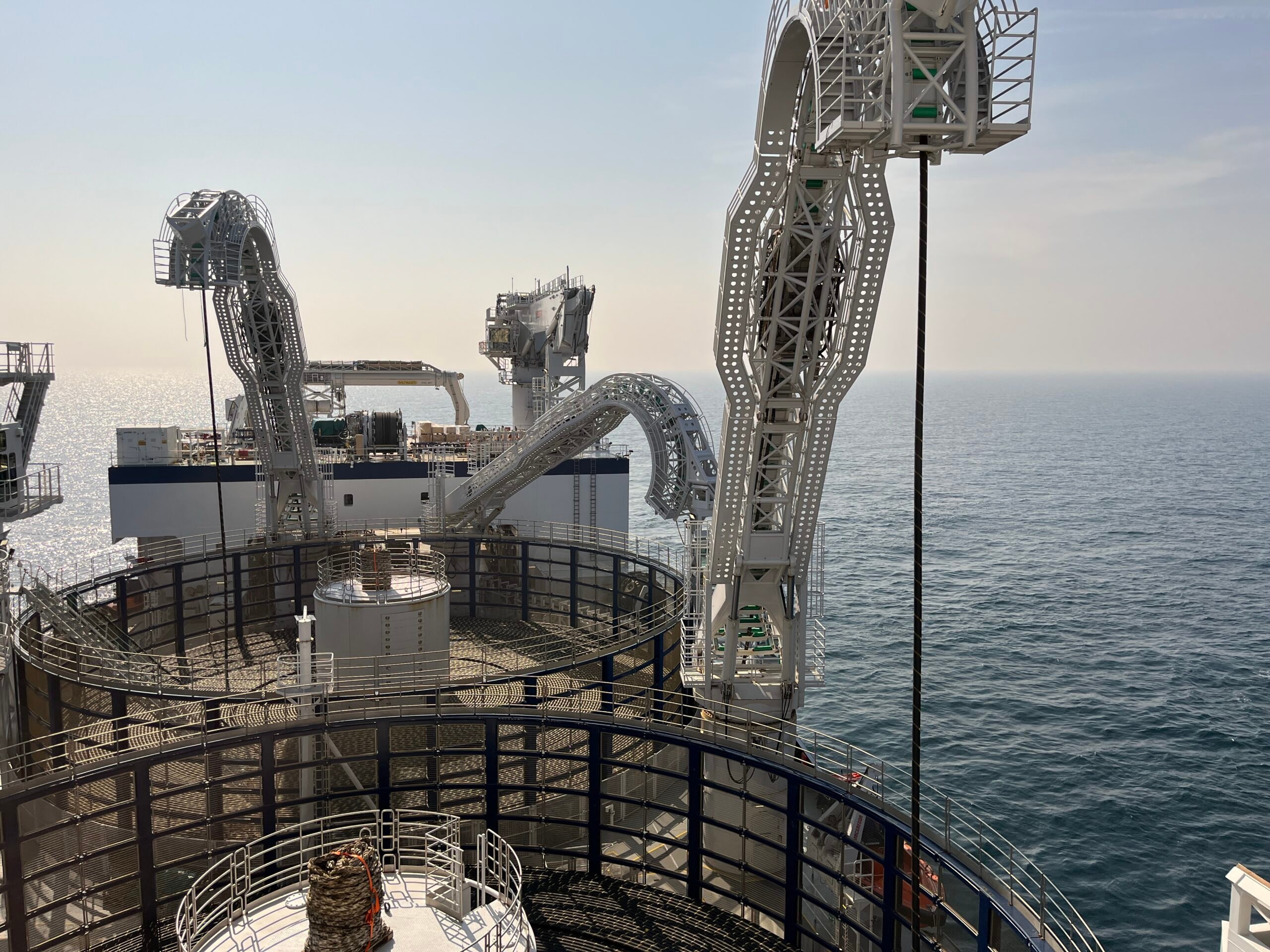News
District energy
Smart energy systems
New report: progress in renewables remains concentrated in the power sector


REN21 is an international policy network of experts from governments, inter-governmental organisations, industry associations, NGOs, and science and academia. It grows from year to year and represents an increasing diversity of sectors. REN21 provides a platform for this wide-ranging community to exchange information and ideas, to learn from each other and to collectively build the renewable energy future.
Progress concentrated in the power sector
According to the new report, progress in renewables remains largely concentrated in the power sector, with a total of 181 gigawatts of renewable power added in 2018 – a consistent pace compared to 2017. For the fourth year in a row, additions of renewable power generation capacity outpaced net installations of fossil fuel and nuclear power combined, and the number of countries integrating high shares of variable renewable energy keeps rising. Solar photovoltaics accounted for 55 per cent of renewable capacity additions – followed by wind power (28 per cent) and hydropower (11 per cent). Overall, renewable energy has grown to account for more than 33 per cent of the world’s total installed power generating capacity.
Renewables provided an estimated more than 26 per cent of global electricity generation by year’s end. The GSR indicates that uptake has been driven by targets and stable policies, while renewables saw far less growth in the heating, cooling and transport sectors, where progress is constrained by a lack of strong policy support and by slow developments in new technologies.
-Related solution: World's largest offshore wind farm
Cities as strong drivers in the green energy transition
Due to rapid urbanization and population growth, which has led to rising energy demand at the municipal level, cities have become leaders in renewable energy deployment. Increasingly, cities are adopting some of the world’s most ambitious targets for renewables, putting them at the forefront of the rapidly expanding renewable energy movement.
The report explains how renewable energy initiatives in cities often are linked to wider city goals and urban planning efforts, driven by environmental, socio-economic, energy security and governance objectives. Furthermore, it elaborates how cities are often able to accomplish more ambitious renewable energy goals than national and state/provincial bodies. According to the GSR, cities can tap into strengths such as their direct responsibility for providing services to residents and ensuring day-to-day quality of life, their contractual relationships with energy providers and large-scale users, and their authority to create incentives that drive lifestyle and development choices at the local level.
-Related solution: Creating liveable cities – Israels plads
Still lack of ambitious policies to drive decarbonisation
Decarbonisation pathways and frameworks were developed further during 2018, but the report found that current trends indicate a need for bolder policy decisions across all sectors of energy end-use to make energy systems sustainable.
According to the GSR, the lack of ambitious and sustained policies to drive decarbonisation in the heating, cooling and transport sectors means that countries are not maximising the benefits of the transition – including cleaner air and energy security – for their populations. On a global level, these sectors remain heavily reliant on fossil fuels, which are highly subsidised in many countries. Moreover, data illustrates that ambitious policy and regulatory frameworks are needed to create favourable and competitive conditions, allowing renewable energy to grow and displace more expensive and carbon-emitting fuels.
The report found that sector integration did attract the attention of policy makers, and the markets for enabling technologies (such as battery storage, heat pumps and electric vehicles) grew. However, meaningful action to directly support the interconnection of power, heating and cooling, and transport is still lacking.
-Related solution: From Policy to Action
Photo: Unsplash
Source:
REN21 (Full Report)















